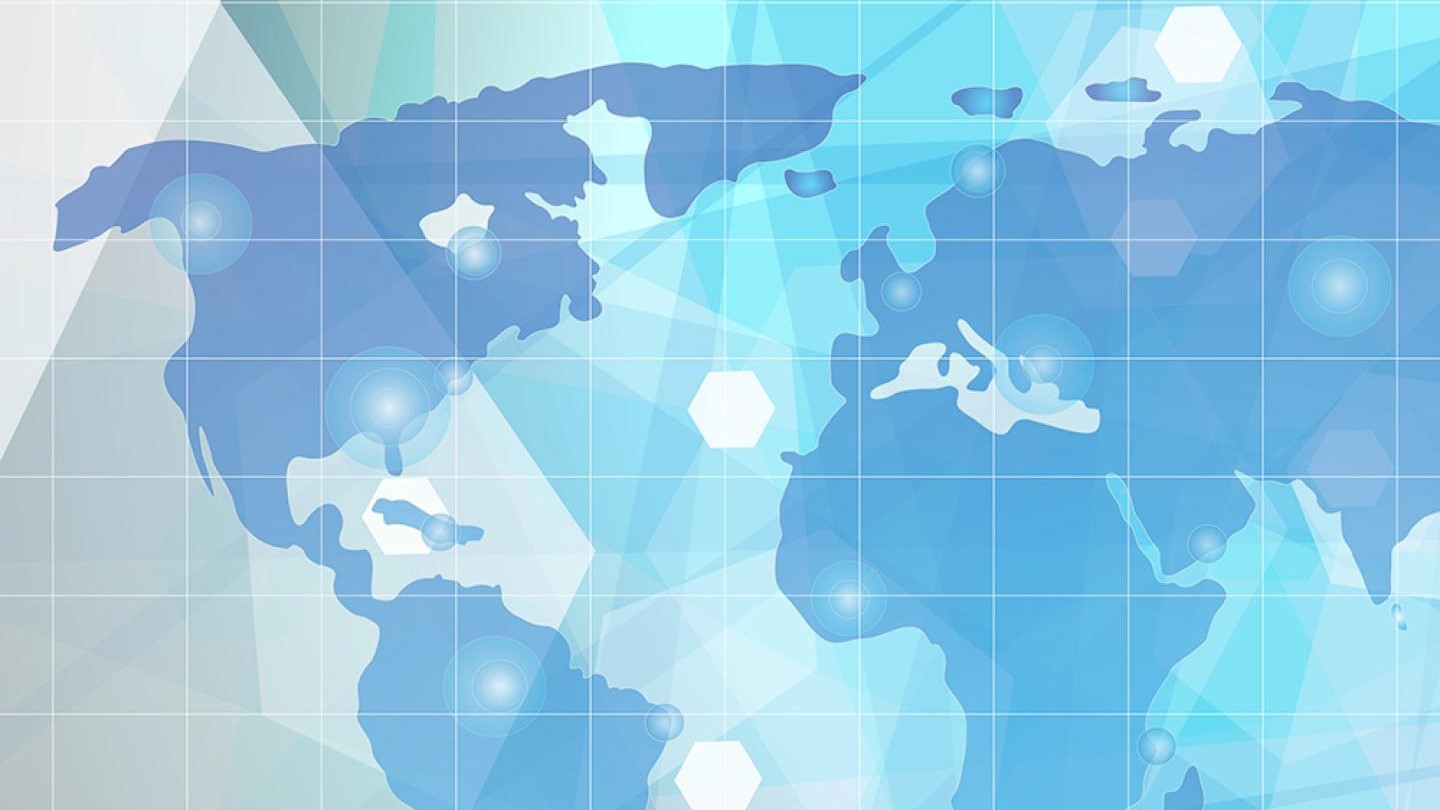AI literacy for diplomats
Organised by theTech Hub, Geneva Graduate Institute
Given the role that technologies traditionally play in international security, economic and geopolitical dominance, the rapid development and deployment of AI is attracting the attention of diplomats and other stakeholders on the international stage. Indeed, AI has the potential to address data gaps and needs related to the Sustainable Development Goals (SDGs), while also contributing to their achievement. And yet, the lack of diversity in AI academia and industry, and the concentration of AI compute power and human capacity in a few companies and a few countries, are often cited as key drivers of some of the most pressing societal implications of AI, such as bias and discrimination. Moreover, this concentration of data, AI infrastructure, and AI capabilities in a small number of countries and companies risks widening the digital divide. To prevent this, it is crucial that a diversity of voices, particularly from the Global South, are heard and included in the global governance of AI.
Technology literacy is critical for diplomats. While diplomats are trained to be generalists, they need to follow and influence increasingly technical discussions and negotiations on areas affected by AI and on its governance. This requires them to develop a basic understanding of AI and their societal, environmental, and geopolitical implications. A certain consensus has emerged in the literature on defining AI literacy based around the following criteria: (i) acquiring fundamental AI concepts, skills, knowledge, and attitudes, (ii) understanding AI applications and related ethical issues, and how AI may affect their lives; and finally, (iii) critically evaluating AI technologies, communicate, and collaborate and collaborate effectively with AI.
This conference will explore how to develop a decolonized, inclusive and open-access AI literacy curriculum for diplomats.

